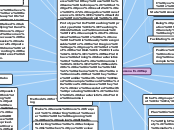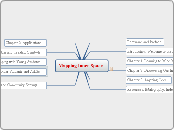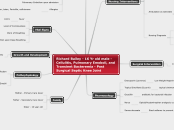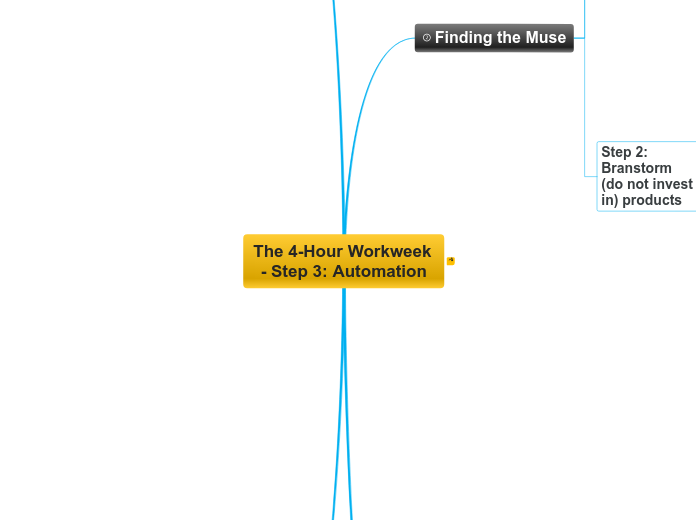jonka Eve Jones 6 vuotta sitten
428
Eve Jones Personal Map
The text discusses various themes centered around learning and personal development. Visualization is highlighted as a technique to mentally prepare for different scenarios, such as public speaking or skiing.









